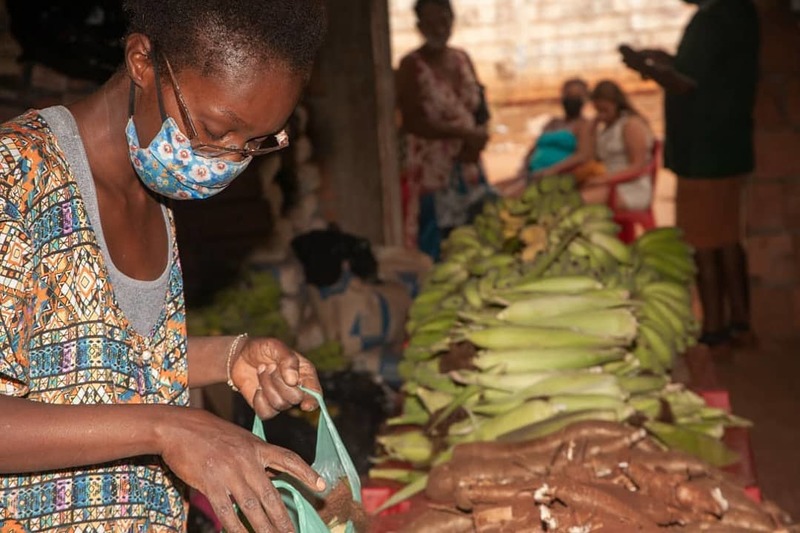First published by GRAIN | 15 May 2020
On the eve of May Day 2020, in full coronavirus pandemic, the International Labour Organisation (ILO) released some hair raising statistics. About 1.6 billion workers from the informal sector are in dire straits because of the lockdowns governments have imposed to stop the spread of the virus. According to the ILO, some 60% of the world’s workers are in the informal economy, working without contracts, safety nets or savings. Depending on the country, women represent a higher or lower share of the informal workforce, but either way they are paid less than men.
Now, because of quarantines and confinement, stoppages and curfews, there is no work. No work means no income. No income, no food. Without alternative income sources, the ILO warned, “these workers and their families will have no means to survive”.
If workers in the informal sector are not able to feed themselves, they are also unable to continue feeding millions, if not billions more. Informal labour is what keeps food systems functioning in most of the world: it accounts for 94% of on-farm labour globally, and a big part of the workforce in food trade, retail, preparation and delivery in many parts of the world.
The coronavirus crisis has laid bare our dependence not only on well functioning health and food systems, but the gross injustices inflicted on those working in these essential sectors in the “best” of times: low wages, no access to health care, no child care, no safety protection at work, often no legal status and no representation in negotiating work conditions. This is true in both the informal and the formal sectors of the global food system. Indeed, the contrast between the wealth at the top of the largest food companies and the plight of their frontline workers is extreme.
Read Full article click here by GRAIN

